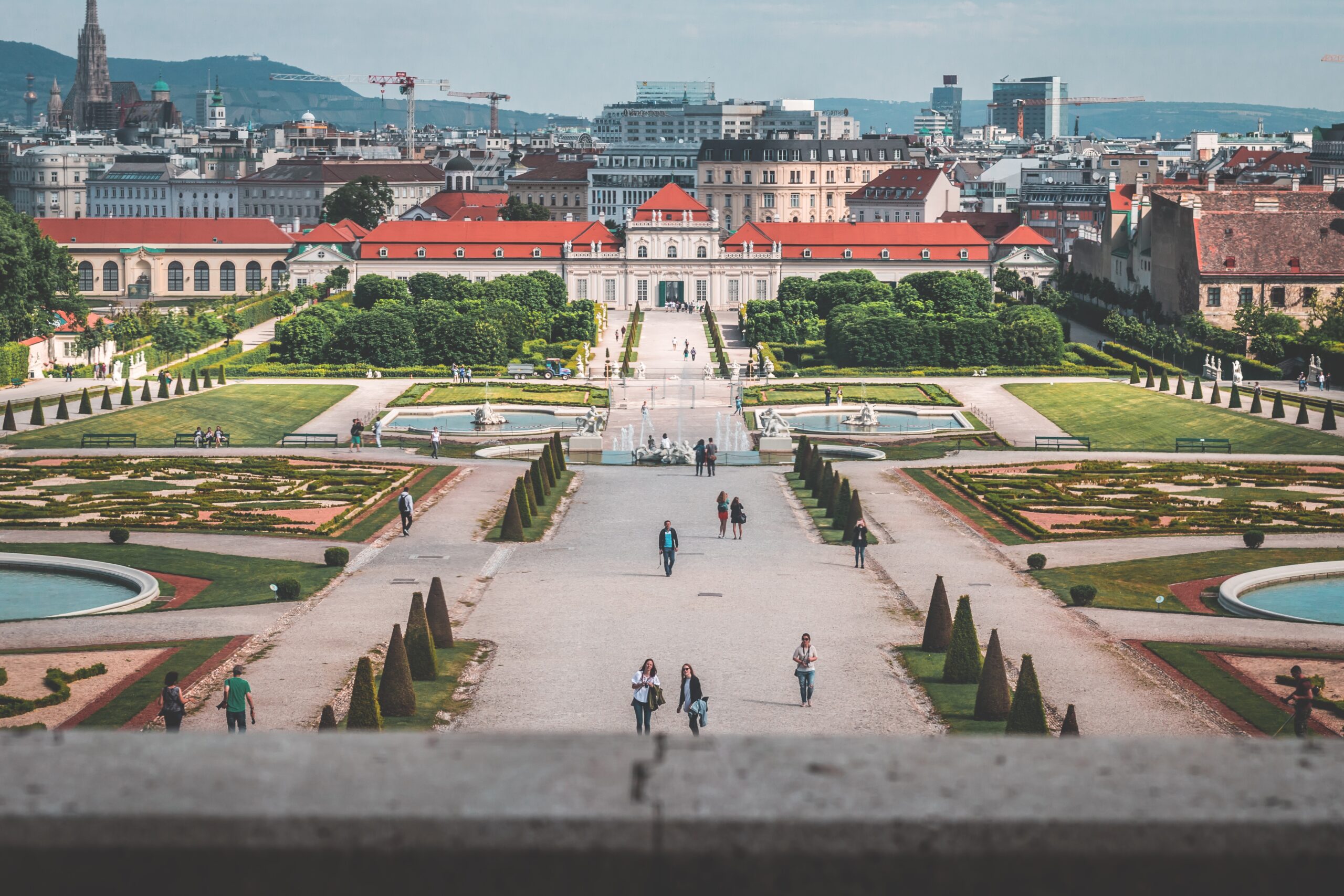 If there had never been a Palestinian intifada, I might never have written my novel about the death of Mozart, MOZART’S LAST ARIA, which is published today in the UK by Corvus.
If there had never been a Palestinian intifada, I might never have written my novel about the death of Mozart, MOZART’S LAST ARIA, which is published today in the UK by Corvus.
Of course, 4,000 people would also be alive who are now dead. In the course of writing about that destruction between 2000 and 2006, I saw some terrible things, experienced some frightful emotions, and internalized shocking facts about the world around me. It would’ve been easy to become depressed or to descend further into the post-traumatic stress disorder that nipped at my mind quite frequently.
Mozart saved me from that. I used to listen to his music in my armored car as I drove through the dangerous roads of the West Bank or on my iPod as I huddled in my Gaza hotel after a day dodging through refugee camps where Palestinians and Israelis were fighting it out. The Maestro’s great works soothed me, enabled me to achieve an emotional calm, when all around me was horror and chaos.
I didn’t use the music to ignore what was happening. Rather the music kept me open to the world around me. I didn’t have to shut out the horror; I could watch it and try to understand it. Because the great Wolfgang was sending me musical signals about the beauty and peace that exists at the core of every man. We only need listen to Mozart to know that he speaks to this part of us, and his immense popularity and immediacy is a sign that it truly is something we all possess.
There’s a good deal of research about Mozart’s music and its phenomenal ability to calm all kinds of disorders and, certainly, to soothe us when we’re stressed. Kids with attention-deficit disorder have been shown to concentrate better if Mozart is playing in their classroom. Epileptics are less likely to have seizures if they’ve been listening to Mozart (an element I worked into the plot of MOZART’S LAST ARIA.)
I found the last six symphonies were the most relaxing, and the piano sonatas. I think that’s because there’s an even greater clarity in these pieces than in some of Mozart’s other work. It’s also in these pieces that he hits the sonic frequencies particular to him which appear to be behind the curative effect of his music – frequencies scientists have found NOT to occur in other great composers like Beethoven or Brahms. (Listen to those other guys and it’ll be good for you, but it won’t really calm you and it certainly doesn’t have the same effect on A.D.D. or epileptics.)
At the worst time of the intifada, in 2003, I took a vacation with my wife in Austria and the Czech Republic. I wanted to experience some calm in the mountains, see some beautiful cities, and hear lovely music. I found all those things, but I also stumbled across something that made me come to life creatively.
The trip became an impromptu Mozart tour – but not necessarily the Mozart you might expect. We happened to pass through the tiny village in the mountains near Salzburg where Mozart’s sister lived as the wife of a boring local functionary (and where by chance his mother had been born). I started to think about this sister, who was called Nannerl (German for “Little Nanna.” Her full name was Maria Anna.) She had been almost as talented as Wolfgang, but she was cooped up in the mountains while her brother became famous in Vienna.
As a writer of crime fiction, of course, I also started to think about her response to his death.
Later, I was having dinner with Maestro Zubin Mehta, formerly the musical director of the New York Philharmonic and now holder of many top positions in the world of classical music. I asked him which of all the great composers he valued most highly. “I’d find it hard to live without Mozart,” he said.
That started me thinking about those people who had lived with Mozart. After his death at only 35, what had it been like to live without him. To have known and lost one of the greatest geniuses in the history of the world.
Over the course of many research trips to Vienna, I came up with the idea of posing Maestro Mehta’s question through Mozart’s sister. A musical prodigy who’s forgotten to history except as a footnote in stories about her famous brother, she knew him better than anyone. What might’ve been her response to losing him?
I hope that MOZART’S LAST ARIA comes close to the actual emotional experience Nannerl would’ve had. Based on real historical research it also posits some new ideas about who might’ve been behind the Maestro’s murder….

 Writers enter character like Black Swan and Springsteen
Writers enter character like Black Swan and Springsteen
sounds fascinating! I’ll inform the book club!
Great, Channah. And if the book club would like to have me check in for a chat about the book on Skype, let me know. I’d be happy to hear what you all think of it. And you could ask me questions, of course…
I just added your book to the Wikipedia page for Maria Anna Mozart, but didn’t format correctly – oops. Well, it is there.
I see it, Nina! Thanks so much for…what’s the verb? Wiki-ing my book?